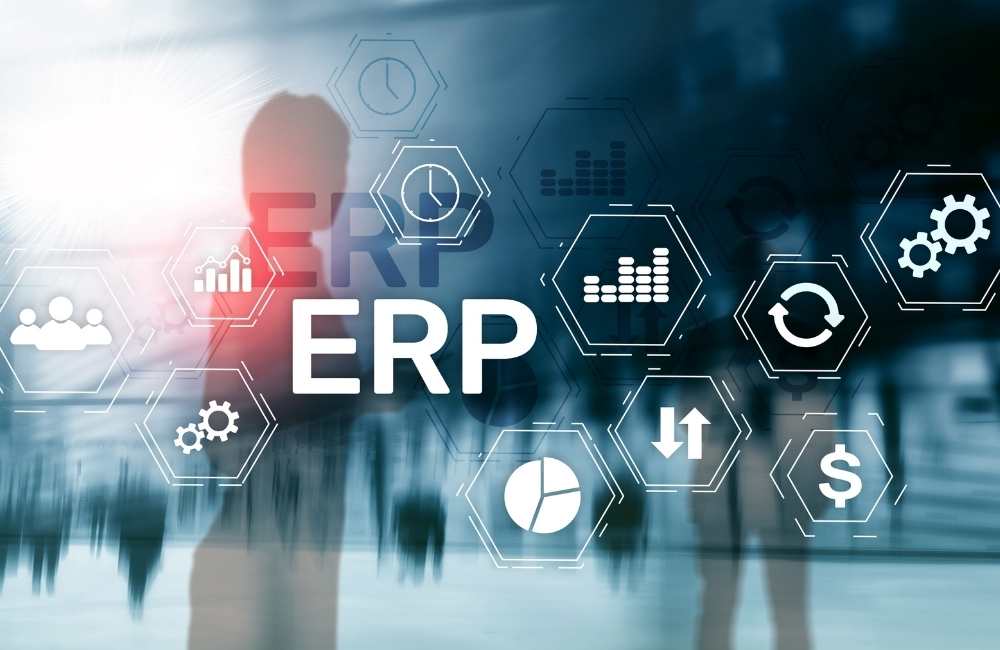Cloud ERP: Transforming Business Operations in the Digital Age
Benefits
1. Cost Efficiency
One of the most significant advantages of Cloud ERP is cost savings. Traditional ERP systems often require substantial upfront investments in hardware, software licenses, and IT staff. On the other hand, it operates on a subscription-based model, eliminating the need for large capital expenditures. This allows businesses to convert capital expenses into predictable operating expenses.
Reduced IT Costs: No need for on-premises servers or maintenance.
Scalable Pricing: Pay only for the resources and features you need, with the ability to scale up or down as required.

2. Scalability and Flexibility
Cloud ERP systems offer unparalleled scalability and flexibility. As businesses grow and evolve, their needs change, and systems can easily adapt to these changes. Organizations can add or remove users, modules, and functionalities without significant disruptions.
Easy Upgrades: Access to the latest features and improvements without manual updates.
Global Reach: Supports multi-currency and multi-language capabilities for international operations.
3. Accessibility and Collaboration
Employees can access the system from anywhere with an internet connection, promoting remote work and global collaboration. This accessibility ensures that all team members have real-time access to the same data, fostering better communication and decision-making.
Remote Access: Work from any location, whether at home, on the road, or in the office.
Real-Time Data: Access up-to-date information for more informed decisions.
4. Enhanced Security
Cloud ERP providers invest heavily in security measures to protect sensitive data. They employ advanced encryption, firewalls, and regular security updates to ensure data integrity and compliance with regulations.
Data Backup: Automatic backups and disaster recovery plans to safeguard against data loss.
Compliance: Adherence to industry standards and regulations for data protection.
|